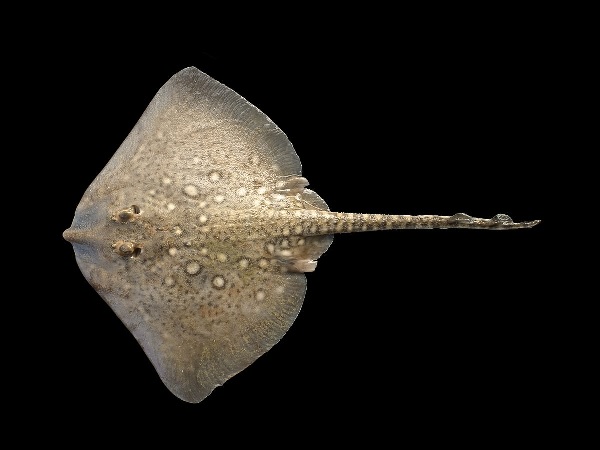
A study conducted by the Luxembourg Institute of Health (LIH) has proposed the consumption of batoid fishes (rays) as an alternative for people suffering from fish allergies.
Fish allergy is one of the most dangerous food allergies because it can cause potentially life-threatening symptoms such as anaphylactic shock. However, researchers from the LIH have given hope to the people concerned with the discovery that the parvalbumin protein, usually the cause of allergy, is much less allergenic in cartilaginous than bony fish.
More specifically, the thornback ray (Raja clavata), a cartilaginous fish, has been identified as a potentially interesting food alternative for people with fish allergy. Almost all subjects who participated in this study (who had a proven and sometimes severe fish allergy) were able to consume ray without any allergic reaction. This conclusion was published in the Journal of Allergy and Clinical Immunology: In Practice.
Indeed, fish is an important source of highly digestible protein and omega-3 fatty acids. As such, the results of this study, conducted at the LIH and Centre Hospitalier de Luxembourg (CHL) in collaboration with food experts at the University of Medicine in Vienna, foresee that those suffering from fish allergies may no longer have to exclude this generally healthy food.








